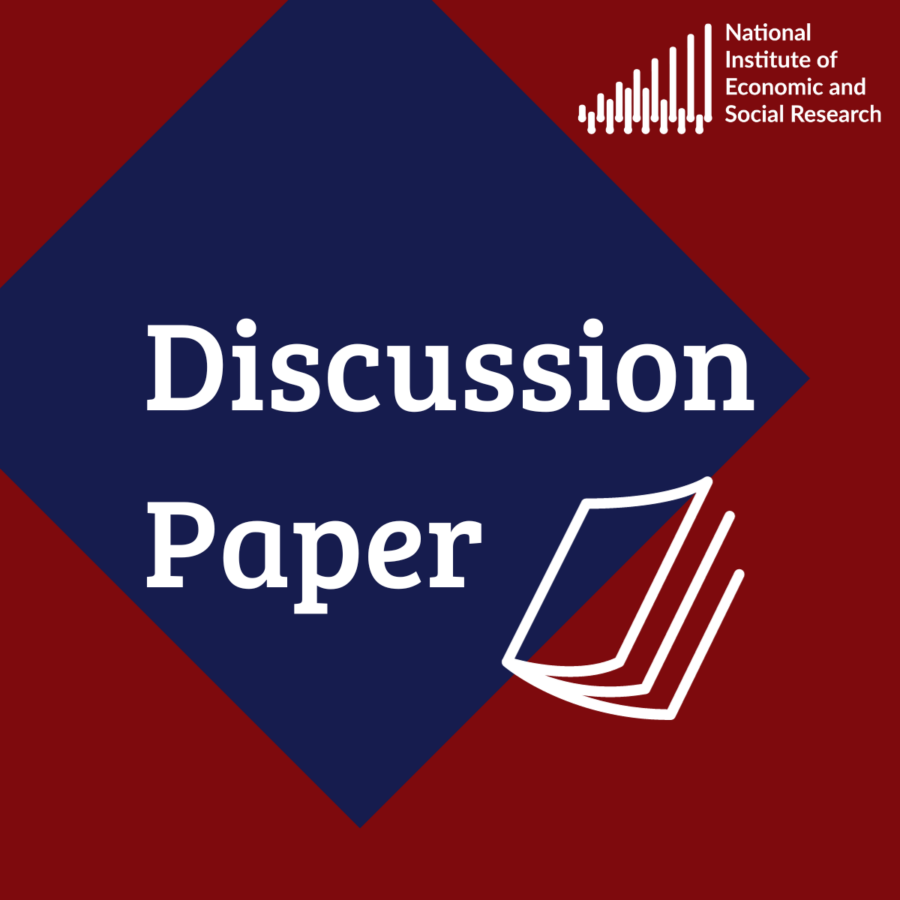- Home
- Publications
- The Long-term Macroeconomic Effects Of Lower Migration To The UK
The long-term macroeconomic effects of lower migration to the UK
 Pub. Date
Pub. Date
 Pub. Type
Pub. Type

Downloads
dp460Authors
External Authors

Sanchez-Martinez, M
Related Themes
Macro-Economic Dynamics and PolicyJEL Code
C68, E17, H53, J11, J21
Paper Category Number
460
This paper looks at the possible scenarios of migration policy should the UK leave the EU. The paper uses an OLG model which brings together labour market, fiscal and other macroeconomic effects in one framework. It also adds a dynamic perspective, differentiates between natives and different categories of immigrants and captures age and qualification compositional effects.
The paper compares the two migration scenarios: Leave and Remain. By 2065, in the Leave scenario, aggregate GDP and GDP per person are 9% and 1% respectively lower compared to Remain scenario. Reduced migration after leaving the EU has a negative impact on the public finances, because of higher dependency ratio. This requires an increase in taxation of about £400 per person (2014 pounds) in 2065. The results are sensitive to the assumptions that change productivity of the labour force and dependency ratio.
Related Blog Posts



Public Debt Sustainability and Fiscal Rules
Stephen Millard
Benjamin Caswell
05 Feb 2024
4 min read

Related Projects
Related News

Call for Papers: Lessons From Quantitative Easing & Quantitative Tightening
09 Feb 2024
1 min read



Related Publications

The Nature of the Inflationary Surprise in Europe and the USA
21 Mar 2024
Discussion Papers

Energy and Climate Policy in a DSGE Model of the United Kingdom
08 Mar 2024
Discussion Papers

Exploring Alternative Data Sources for Household Wealth Statistics
24 Jan 2024
Discussion Papers

Inflation Differentials Among European Monetary Union Countries: An Empirical Evaluation With Structural Breaks
20 Nov 2023
National Institute Economic Review
Related events

Assessing Cycles and Structural Changes in Markets

Business Conditions Forum

2022 Dow Lecture: The Economy and Policy Trade-Off





